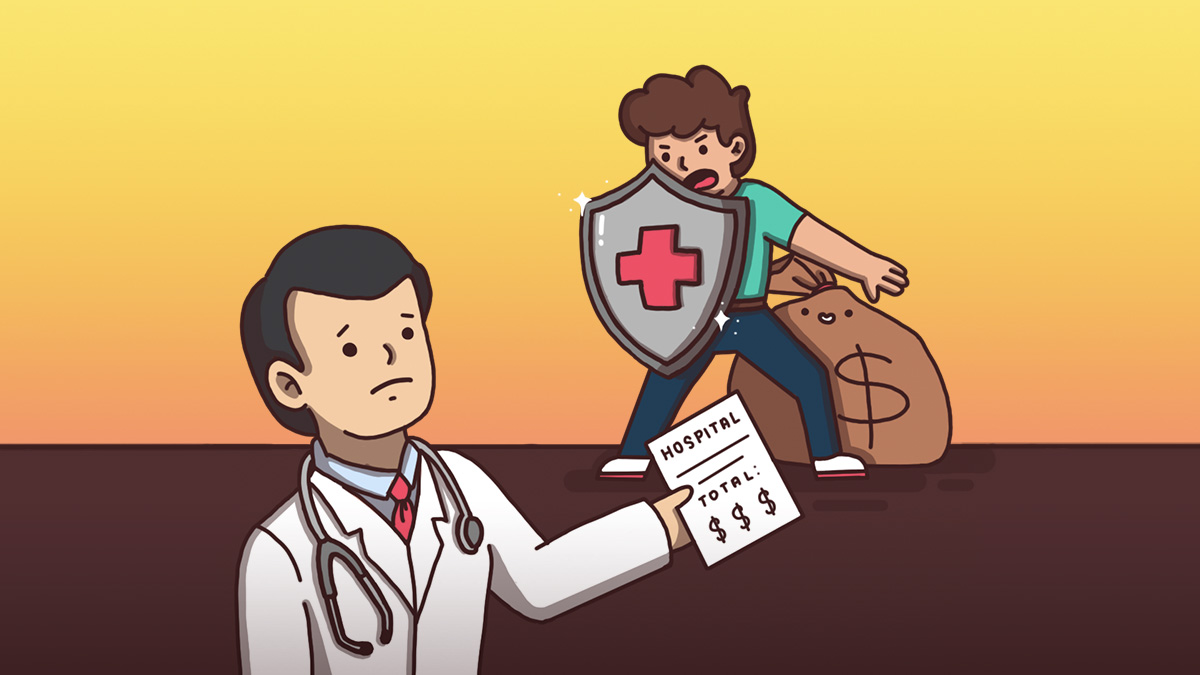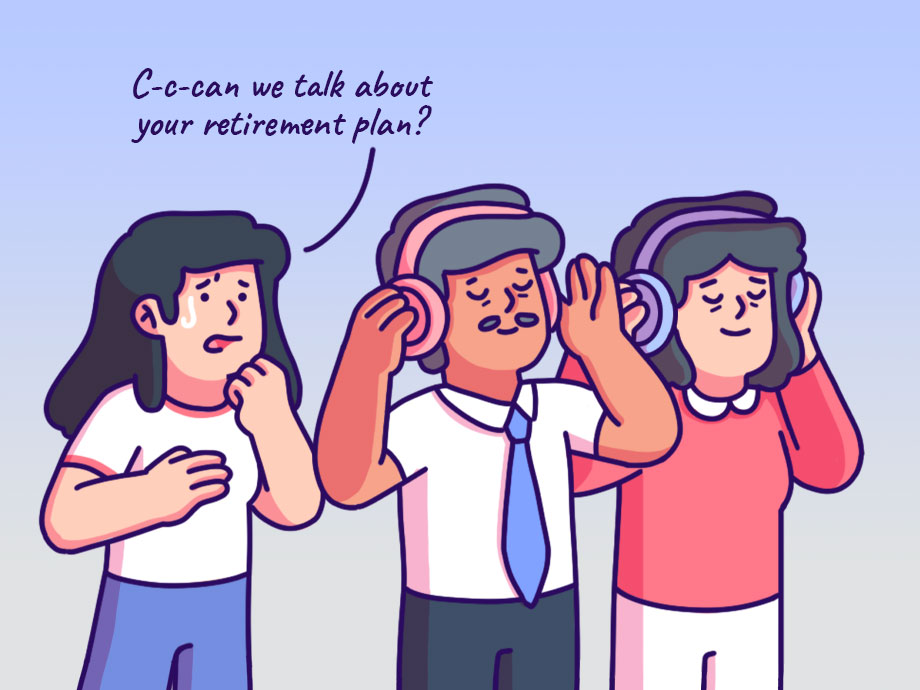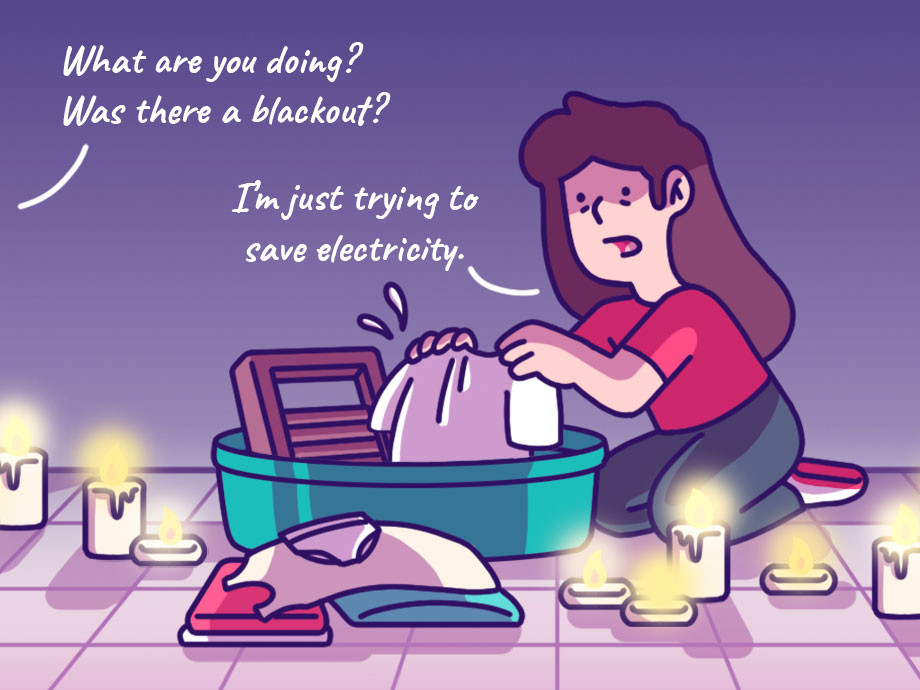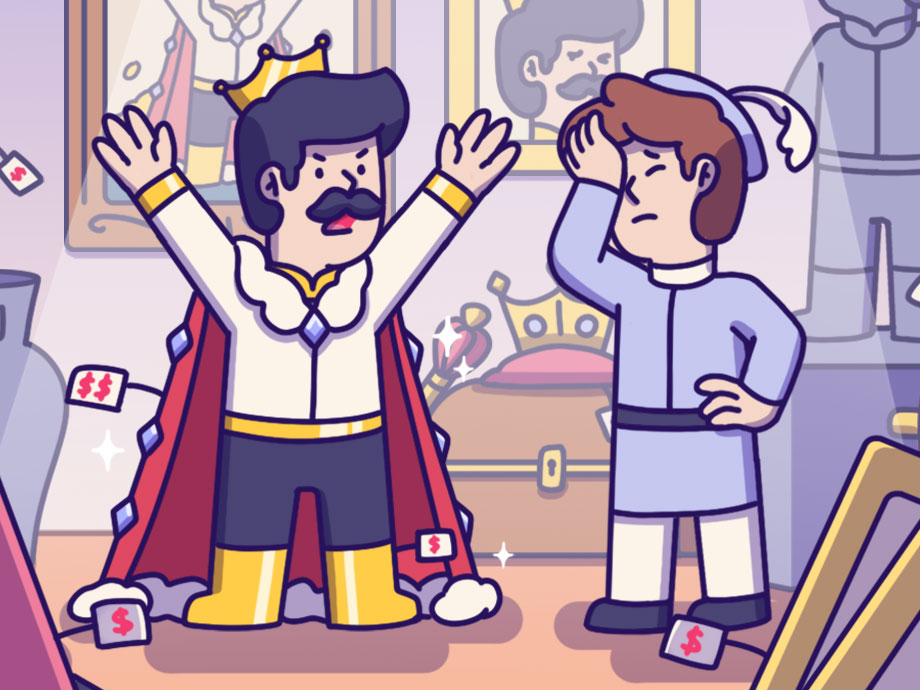Financial Planning | Personal Finance | Article
Do You Need Medical Insurance?
by Marcus Lee | 22 Jan 2021

You’re physically active, you eat healthily, and you’ve got impeccable genes with no family history of critical diseases. Do you really need to have insurance? The short answer is, yes.
Insurance gets a bad rap
We all have that one friend. You know the one. He calls you out of the blue, mispronounces your name, pretends to care about how you’re doing, and pressures you to meet with him to “catch up”.
You agree to meet up because you’re just too polite to say no. When you meet, he’s all friendly and you have a good time catching up. Then, at the first lull in the conversation, your friend says, “You know ah, hospital bills veeeery expensive you know! Let me tell you my experience.”
The next thing you know, your friend has launched into a on-the-spot sales pitch for every single insurance plan in the book. And weaving you a scary tale of dire consequences if you don’t buy those insurance plans from him.
This kind of duplicitous, fear-mongering tactics is, sadly, far too common. So, it’s no wonder that insurance, as a financial product, gets such a bad rap.
But we’re here to tell you that having insurance protection really is important to your personal finances.
Do I really need insurance?
You may say, “Government hospital so cheap, what for buy insurance?”
Hold up. Not so fast.
Sure, you can get subsidised treatments from a government hospital when you’re sick but should the absolute worst happen to you (touch wood), say for example, you lose an arm in an accident, or you’re diagnosed with a late-stage cancer, or are otherwise incapacitated, government hospitals won’t pay you for disability.
This is when you’ll need insurance. Having insurance isn’t just about having a medical card to cover your medical bills when you fall sick.
There are all sorts of insurance policies out there.
Some plans cover medical costs (outpatient, hospitalisation, surgery) only. Other policies come in bundles that can cover your medical bills and pay you if you happen to get diagnosed with a critical illness or become disabled. Some other health insurance plans are bundled with life policies that pay your next of kin a lump sum when you die.
Think of it this way
| The Math | |
| Monthly Insurance Premium | RM250 |
| Yearly Premium | RM3,000 |
| Estimated Premium Over Lifetime (60 years x RM3,000) | RM150,000 |
| Average Life Expectancy (minus) Current Age (75 – 25) |
A RM3,000 yearly premium isn’t a small amount and you may think that given your health and earning potential from investing, you might be able to earn enough to pay for all your medical fees – and you may be right, but that’s an awfully big risk to take.
Transferring your risk
It’s not just about your health, it’s about transferring the risk of losing your accumulated wealth and losing your income-generating potential away from you.
Say you’ve saved 6 months worth of emergency funds and it’s not enough to cover your hospital bills, you’ll likely have to dip into your investments which are busy earning passive income for you.
Furthermore, if you can’t work because of your illness or accident, you haven’t just taken a hit to your capital, but also your ability to generate income aka your cash flow.
With insurance, you’re shifting that risk of spending on medical bills from you to the insurance agency.
When should I start?
As these things go, the earlier you buy, the better, because policies will be cheaper. For example, an insurance plan with exactly the same coverage will be more expensive when you’re 30 years old compared to when you’re 20.
As you get older, your risk increases and insurance companies will account for that in your premiums, meaning higher premiums.
If you’re in the midst of building your wealth as a regular desk jockey, you want to protect your wealth at all costs. Also, no matter where you start, your monthly premium will likely be lower than a three day two night stay at a private hospital.
What insurance do I get?
Think about what you’re trying to protect. Do you have a house or a family? Can you pay off that house or continue to feed your family if you can’t work?
Do your research and find out what kind of coverage protects your wealth the best. Don’t let your friend lead you to a plan you don’t need.
As your life changes and you take on more assets, consider looking into your insurance coverage again and see if any one area has built up more risk.
Of course, you can ignore insurance altogether and keep the money. The adage the higher the risk, the higher the reward is true. Maybe your startup gets acquired for billions and you can buy a whole medical ward in cash, who knows.
For the rest of us, get insured now and you can cancel it once your Sharks-with-Lasers startup announces its IPO.
















